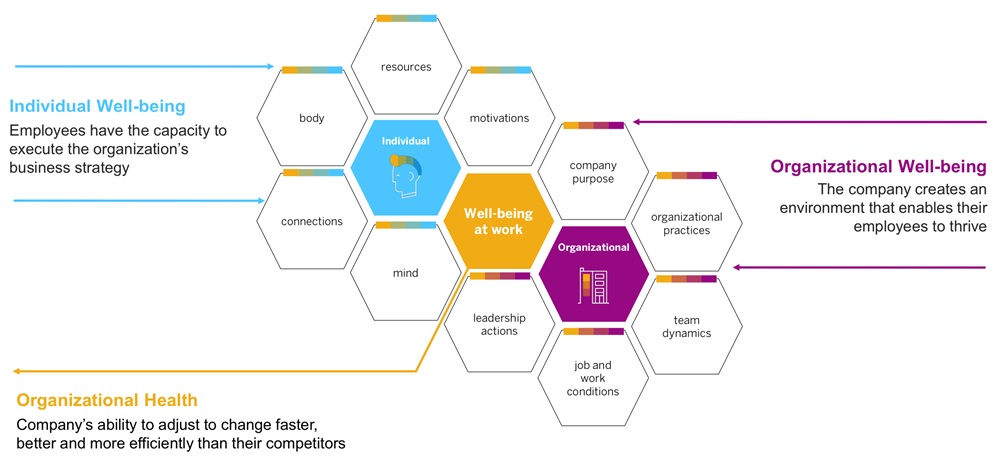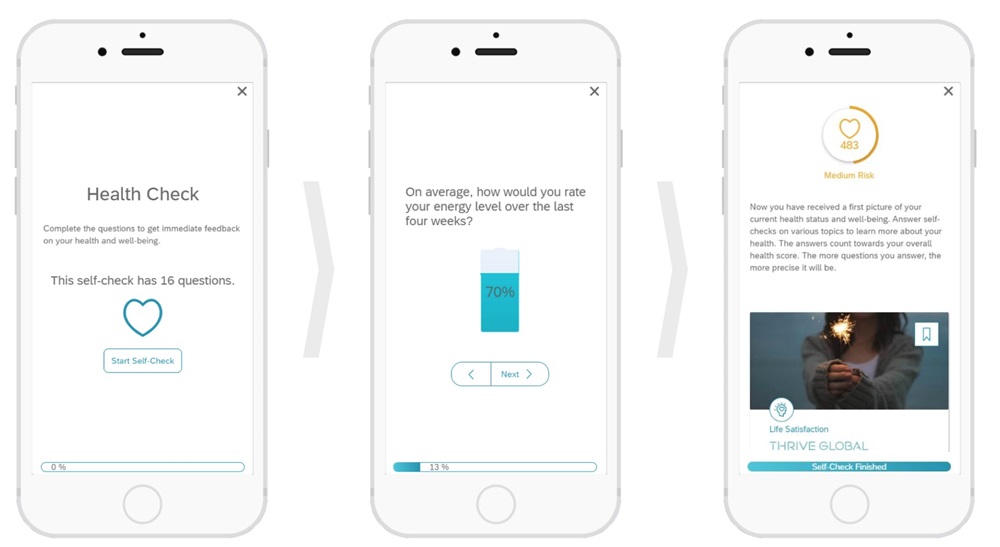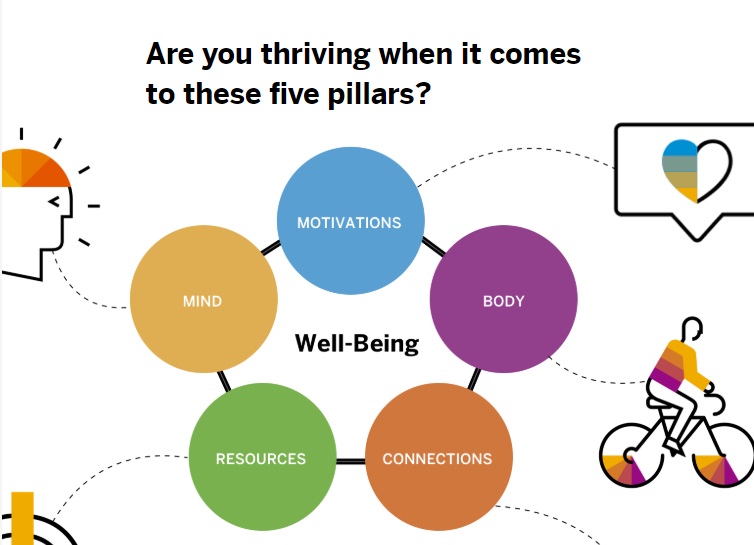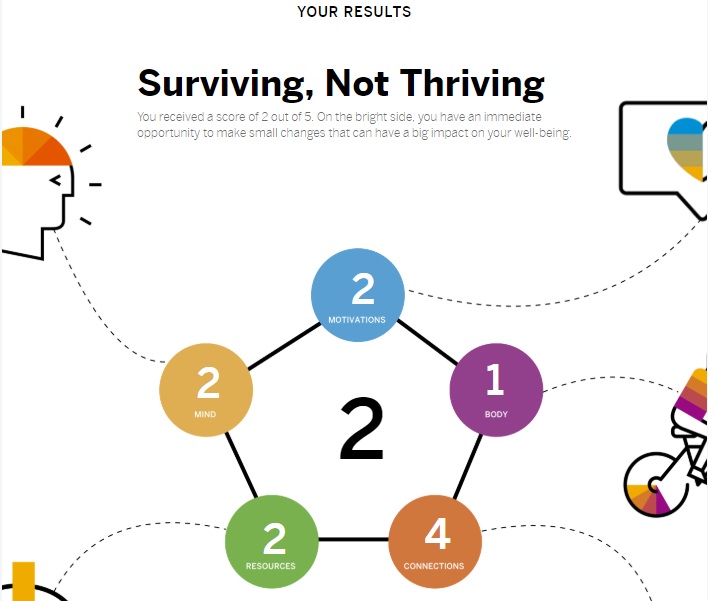As a manager, reviewer, mentor, buddy, mental health champion and all-round advocate of work-life balance, I make the point of having open conversations above the above areas with as many people as possible… but not enough with myself. But that’s all they are – conversations. A chat. “How are you feeling today?”, “How are the kids?”, “Which country are you in this week?” Unless you can count every person in your organisation as a genuine friend, it would be impossible to get any real context around these questions, let alone knowing how to process the responses appropriately. And then there’s the psychology behind the responses. Overworked millennials may fear speaking up about their work-life imbalance for fear of being regarded as “weak” or “moaning”. So, what if we could enter into these conversations armed with information to be able to help understand more about our colleagues’ patterns of behaviours? And in turn, help our colleagues see that the elegant swan rosy picture they paint to their boss may in fact be their way of portraying that they have everything under control, when in fact they are panicking and approaching burn out under the waterline.
SAP SuccessFactors Work-Life aims to “help organisations create a thriving workplace, increase employee productivity and engagement, and offer real-time data that can be measured and connected to real behaviour change and outcomes that matter”.
By taking short “Are you thriving” assessments, employees are able to find out how well they are thriving and how successfully managers are leading their teams for peak performance. Participants answer questions related to their well-being and workplace satisfaction in order to build self-awareness and learn what they can do to change behaviour, and to learn more about the support available from their workplace.
/sf-well-being-wide-(1).webp?mode=autocrop&w=320&h=320&attachmenthistoryguid=307db30a-36fa-4222-889c-f9952df0bbd2&v=&focusX=475&focusY=208&c=69afddd3f81876fc9ae07a6f1fe735483df62532ff771803a2ccaa7bd7766bbe)





